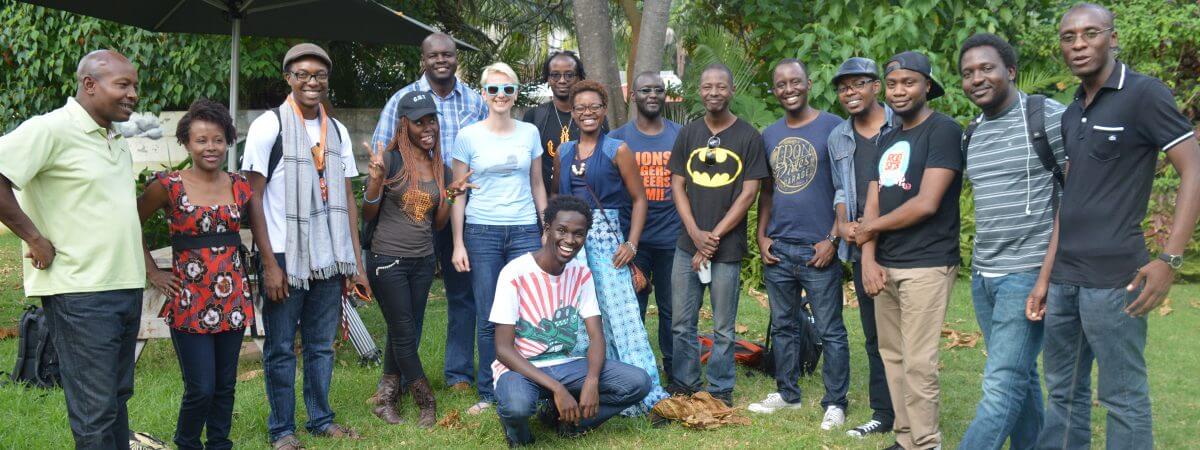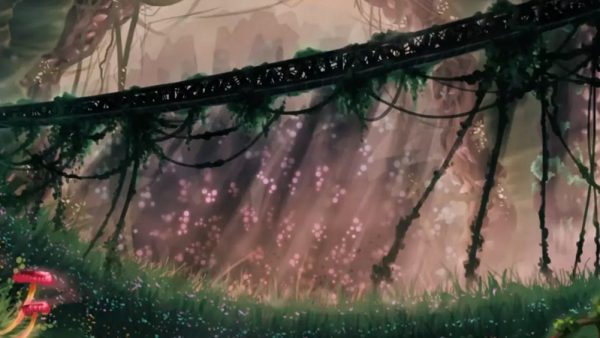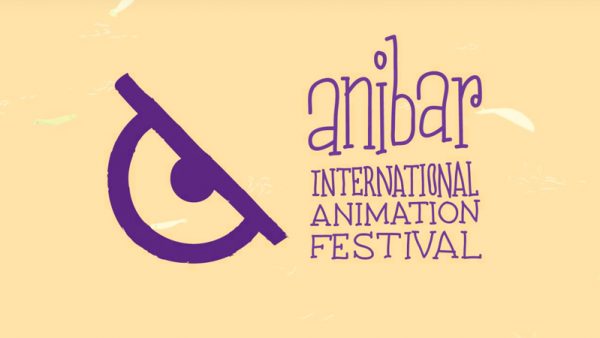Our Creative Director, Katie Steed, recently participated in a British Council initiative, where she traveled to Zimbabwe to meet their up and coming animation industry…
Things I knew about Zimbabwe before I went:
- Robert Mugabe
- It’s in Africa. Probably South-ish?
- Zimbabwe starts with a Z and is therefore a powerful figure on the scrabble board.
Despite this fairly embarrassing lack of knowledge about the country, I was lucky enough to be invited to visit Zimbabwe in April this year, as a representative of the British animation industry. The mission; organised and overseen by the British Council, was to meet with various practitioners, educators and business owners across the country – from Harare to Gweru to Bulawayo – to share thoughts about the various challenges we face and to learn about how we’ve each chosen to overcome them.
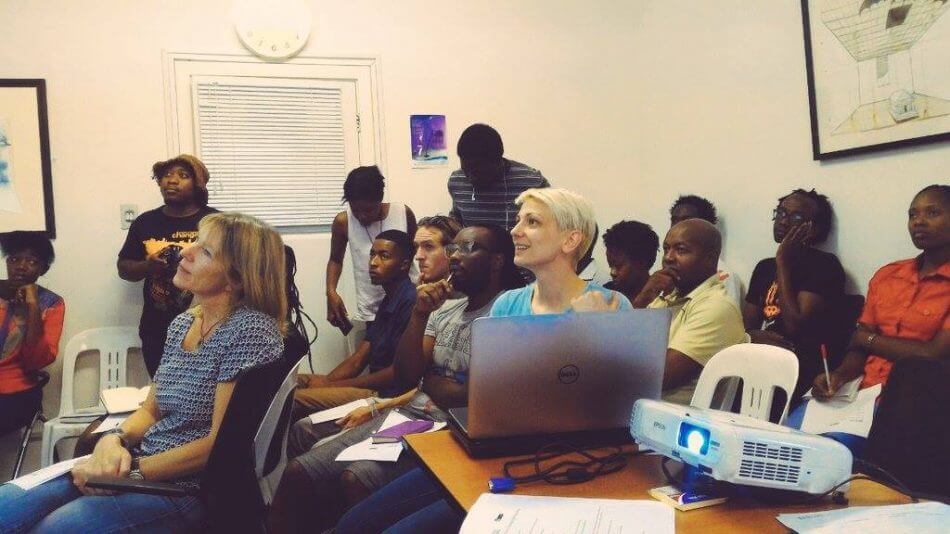
The Zimbabwean animation industry is in an interesting place at the moment; a place of huge opportunity, talented individuals but perhaps a lack of support and structure helping them achieve their full potential.
In the UK, there are approximately 120 animation degree courses on offer, churning out talented animators year after year to fill around 4700 positions at 470 studios. We make around 22 animated television shows a year, contribute effects to many leading Hollywood blockbusters, and create hundreds of short films that are distributed around the world. Our industry is well established, fairly successful, and – unfortunately – massively over subscribed: there are simply not enough jobs in the UK for the thousands of students studying animation every year. There are not enough channels for our content, not enough funding, not enough
opportunities.
In Zimbabwe, the picture is almost the exact opposite. There are several Universities offering animation as part of a larger degree in communication or media, but currently no full time animation specific degrees. Given the intense and often highly technical nature of the career, this creates a skills gap between education and industry that must be filled by thousands of hours of online tutorials and the willingness of established animators to help train the next generation.
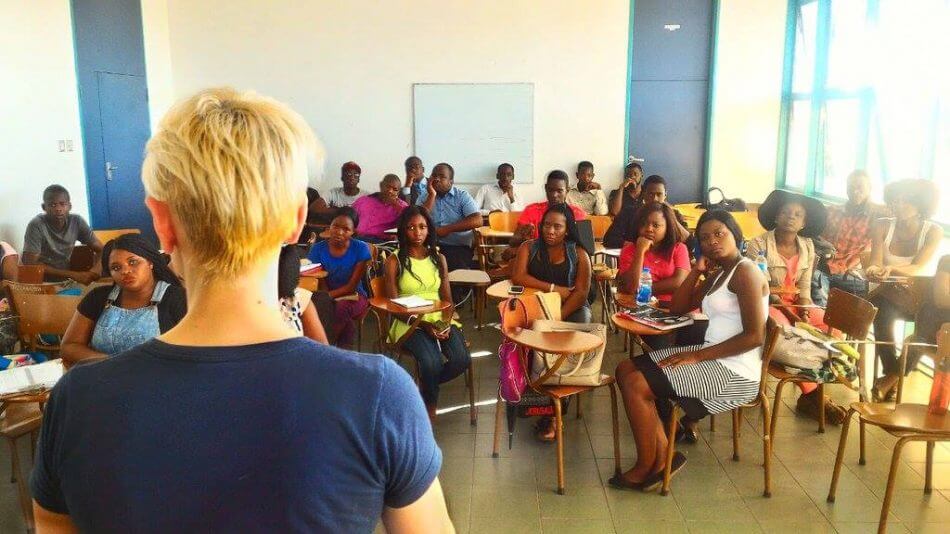
The industry itself is small but momentum is growing – spearheaded by Nafuna TV, Bako animation and Ruvara Studio amongst others, and they are currently spending much of their time and resources training and nurturing others in their likeness. They make music videos, short films, adverts and viral spots that are gaining a growing audience, and there are huge opportunities available to Zimbabwean animators at the moment – opportunities that many in the UK would bite their arms off for – with multiple TV channels being formed that are looking specifically for Zimbabwean content.
Yet for all these differences between our two industries, the thing that struck me most during my time in Zimbabwe was how similar animators around the world are. We all face challenges making others understanding the time and skill that goes in to creating the work that we make, and therefore in commissioning and valuing that work appropriately. We all have a burning desire to create; to express ourselves through this most flexible of mediums. We all watch the same tutorials, get excited about the same new software, and nerd out about the same films.
Things I know about Zimbabwe now:
- People are not their politicians. Zimbabwe is filled with some of the kindest, most thoughtful and welcoming people I have ever met.
- I am going to be witnessing a lot more Zimbabwean films at international festivals over the coming years
- Zimbabwe is a proper noun and is therefore not allowed on the scrabble board.
